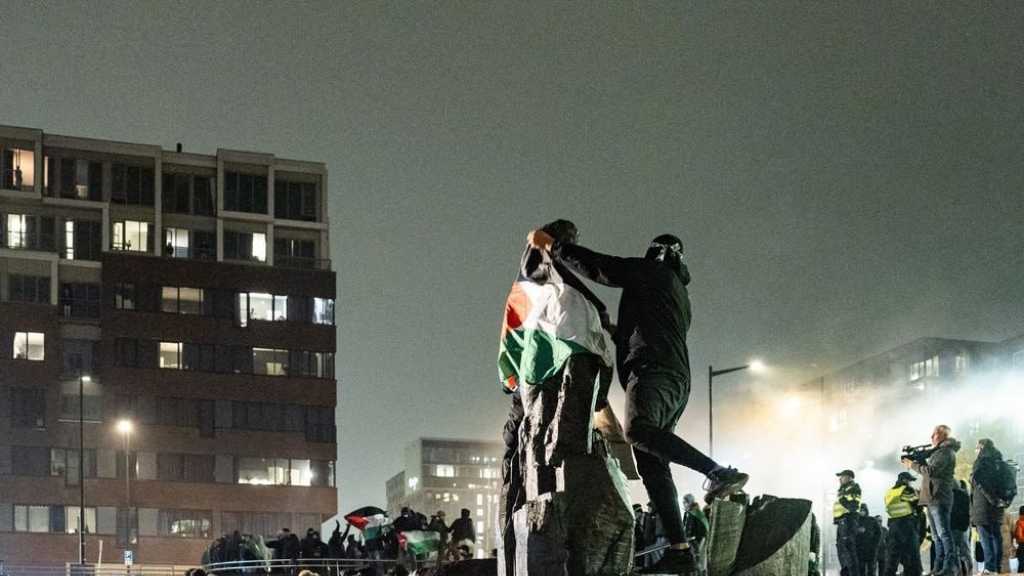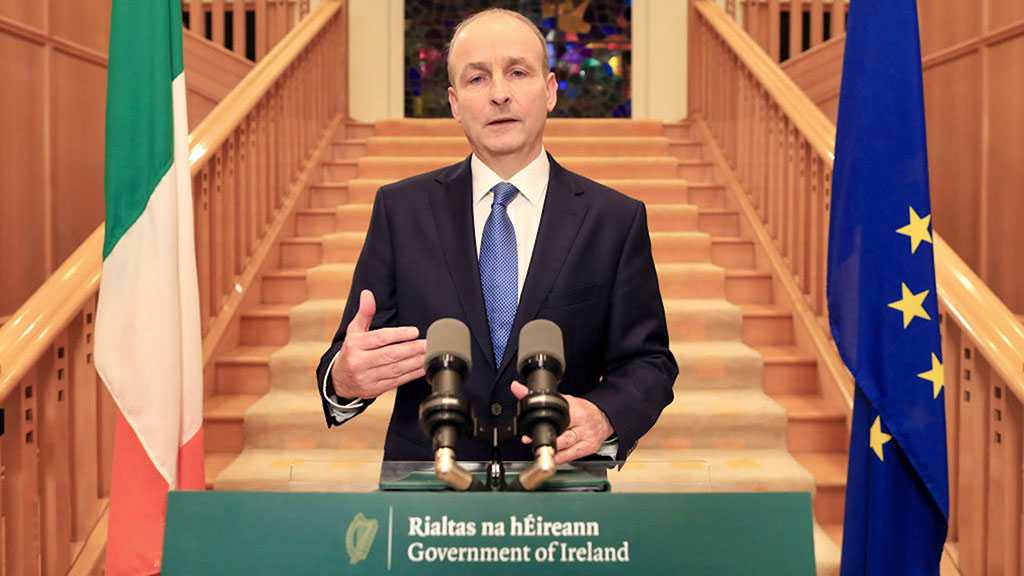Turkey’s Referendum: Erdogan Narrowly Wins Vote to Expand Presidential Powers

Local Editor
Turkish President Recep Tayyip Erdogan has narrowly won a referendum to expand presidential powers, which could keep him in office until 2029.

With 99.45% of ballots counted, the "Yes" campaign had won 51.37% and "No" 48.63%, and the electoral board called victory for "Yes".
Meanwhile, Turkey's two main opposition parties said they would challenge the results.
The Republican People's Party [CHP] demanded a recount of 60% of votes.
It criticized a decision to accept unstamped ballot papers as valid unless proven otherwise.
Three people were shot dead near a polling station in the south-eastern province of Diyarbakir, reportedly during a dispute over how they were voting.
About 55 million people were eligible to vote across 167,000 polling stations, and turnout was reportedly at least 85%.
The president has claimed victory but the opposition disputes it, complaining of massive irregularities with the voting, suggesting the state news agency manipulated results and vowing to challenge them with the supreme election board.
"Today... Turkey has taken a historic decision," Erdogan told a briefing at his official Istanbul residence, the Huber Palace. "With the people, we have realized the most important reform in our history."
He called on everyone to respect the outcome of the vote.
The president also said the country could hold a referendum on bringing back the death penalty.
Deputy Prime Minister Veysi Kaynak admitted the "Yes" vote had been lower than expected.
The draft states that the next presidential and parliamentary elections will be held on 3 November 2019.
The president will have a five-year tenure, for a maximum of two terms.
The president will be able to directly appoint top public officials, including ministers.
He will also be able to assign one or several vice-presidents.
The job of prime minister, currently held by Binali Yildirim, will be scrapped.
The president will have power to intervene in the judiciary, which Erdogan has accused of being influenced by Fethullah Gulen, the Pennsylvania-based preacher he blames for the failed coup.
Critics of the changes fear the move will make the president's position too powerful, arguing that it amounts to one-man rule, without the checks and balances of other presidential systems such as those in France and the US.
They say his ability to retain ties to a political party - Erdogan could resume leadership of AKP he co-founded - will end any chance of impartiality.
CHP deputy leader Erdal Aksunger said he believed there had been irregularities in the count: "Many illegal acts are being carried out in favour of the 'Yes' campaign right now.
"There is the state on one side and people on the other.'No' will win in the end. Everybody will see that."
The pro-Kurdish Peoples' Democratic Party [HDP] also challenged the vote.
Source: News Agencies, Edited by website team
Comments
- Related News




